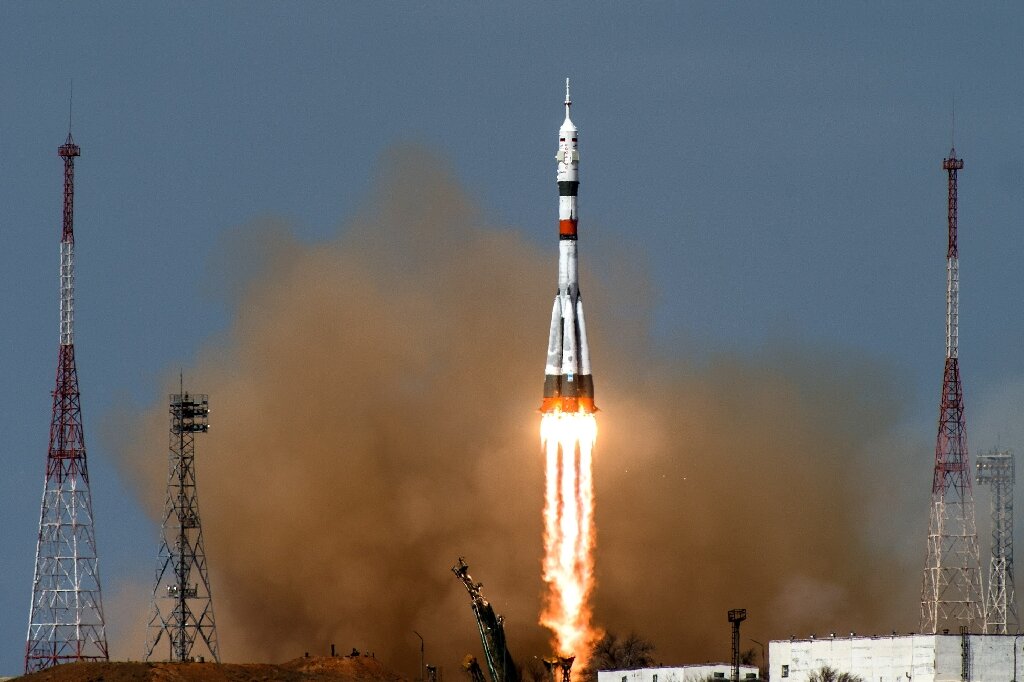Reusable Rockets: Revolutionizing Space Exploration
Introduction
The history of space exploration has witnessed remarkable technological advances, but perhaps one of the most transformative breakthroughs in recent years has been the development of reusable rockets. These aerospace marvels have not only redefined the economics of space travel but have also opened up new possibilities for space exploration, commercial endeavors, and even human colonization of other celestial bodies. In this article, we will delve into the world of reusable rockets, their significance, the key players, and the exciting future they promise.
The Reusable Rocket Revolution
Traditionally, rockets used for space missions were designed for one-time use, resulting in exorbitant costs that hindered the progression of space exploration. However, the advent of reusable rockets has turned this paradigm on its head. These rockets, capable of launching, landing, and launching again, promise to make space travel more affordable, sustainable, and accessible.

Key Advancements in Reusable Rocket Technology
- Vertical Landing: Companies like SpaceX and Blue Origin have perfected vertical landing techniques, allowing rockets to return to Earth and land vertically, typically on a drone ship at sea or on land. This precision landing is a game-changer for reusability.
- Rapid Turnaround: Reusable rockets are designed for rapid turnaround. SpaceX, in particular, has shown impressive efficiency by launching the same rocket multiple times in a matter of weeks.
- Cost Reduction: The cost savings achieved through reusability are significant. With each successful reuse, the price of launching payloads into space decreases, making space more accessible for a variety of missions.
- SpaceX: Founded by Elon Musk, SpaceX is at the forefront of the reusable rocket revolution. Their Falcon 9 and Falcon Heavy rockets have achieved multiple successful reuses, and the Starship project aims to take reusability to new heights.
- Blue Origin: Jeff Bezos’ Blue Origin has developed the New Shepard suborbital rocket, which is designed for space tourism. They are also working on orbital rockets like New Glenn.
- Rocket Lab: Rocket Lab’s Electron rocket is known for its rapid development cycle and partial reusability. The company is actively working to further reduce launch costs.
Significance of Reusable Rockets
The Key Players
- Affordable Access to Space: Reusable rockets are drastically reducing the cost of sending payloads to space, making it financially viable for a broader range of applications, from scientific research to commercial ventures.
- Exploration of Other Worlds: Reusable rockets have the potential to advance human exploration beyond Earth. They could enable more frequent missions to the Moon, Mars, and beyond.
- Space Tourism: The emergence of companies like SpaceX and Blue Origin, which are actively working on space tourism, could turn space travel into a reality for civilians in the near future.
- Sustainability: Reusable rockets are inherently more environmentally friendly, as they reduce the amount of space debris and emissions associated with space launches.
The Promising Future
The future of reusable rockets is filled with promise. As technology continues to evolve, we can expect to see:
- Mars Missions: Companies like SpaceX are eyeing Mars colonization, and reusable rockets will play a vital role in achieving this ambitious goal.
- Space Stations: More frequent, cost-effective launches can support the construction and maintenance of space stations in orbit, fostering long-term human presence in space.
- Space-Based Industry: The reduced costs associated with space access may lead to the development of space-based industries and resource utilization.
Conclusion
Reusable rockets are redefining the landscape of space exploration. They are not only changing the economics of space travel but also opening up exciting possibilities for the future. With their potential to make space more accessible and sustainable, reusable rockets are paving the way for humanity to reach for the stars and explore the cosmos like never before.